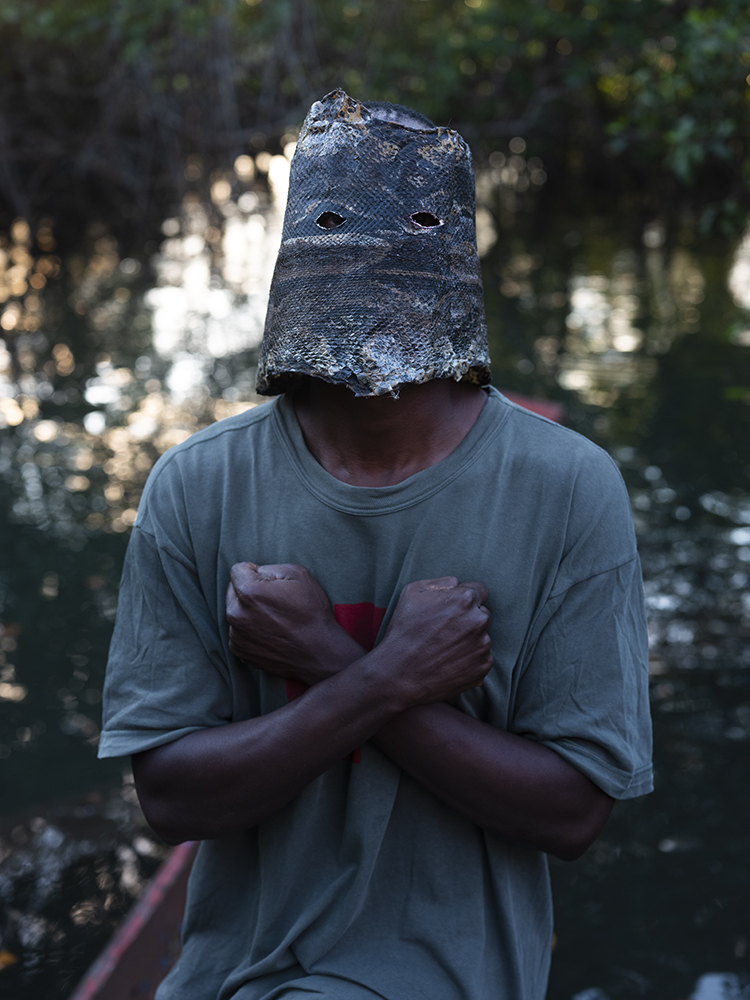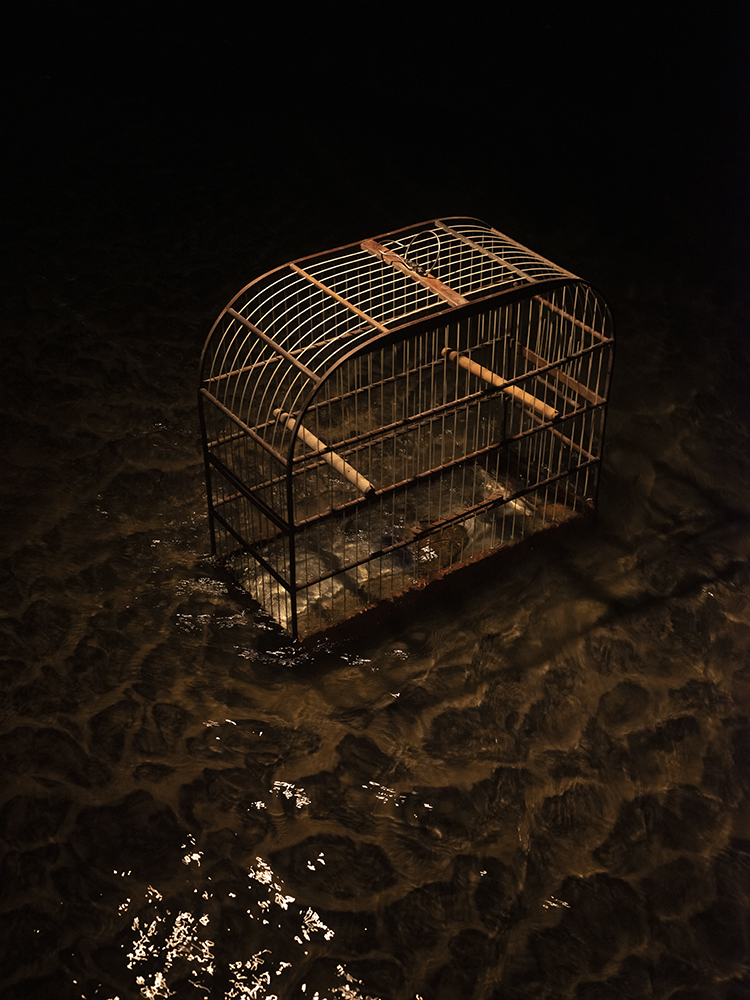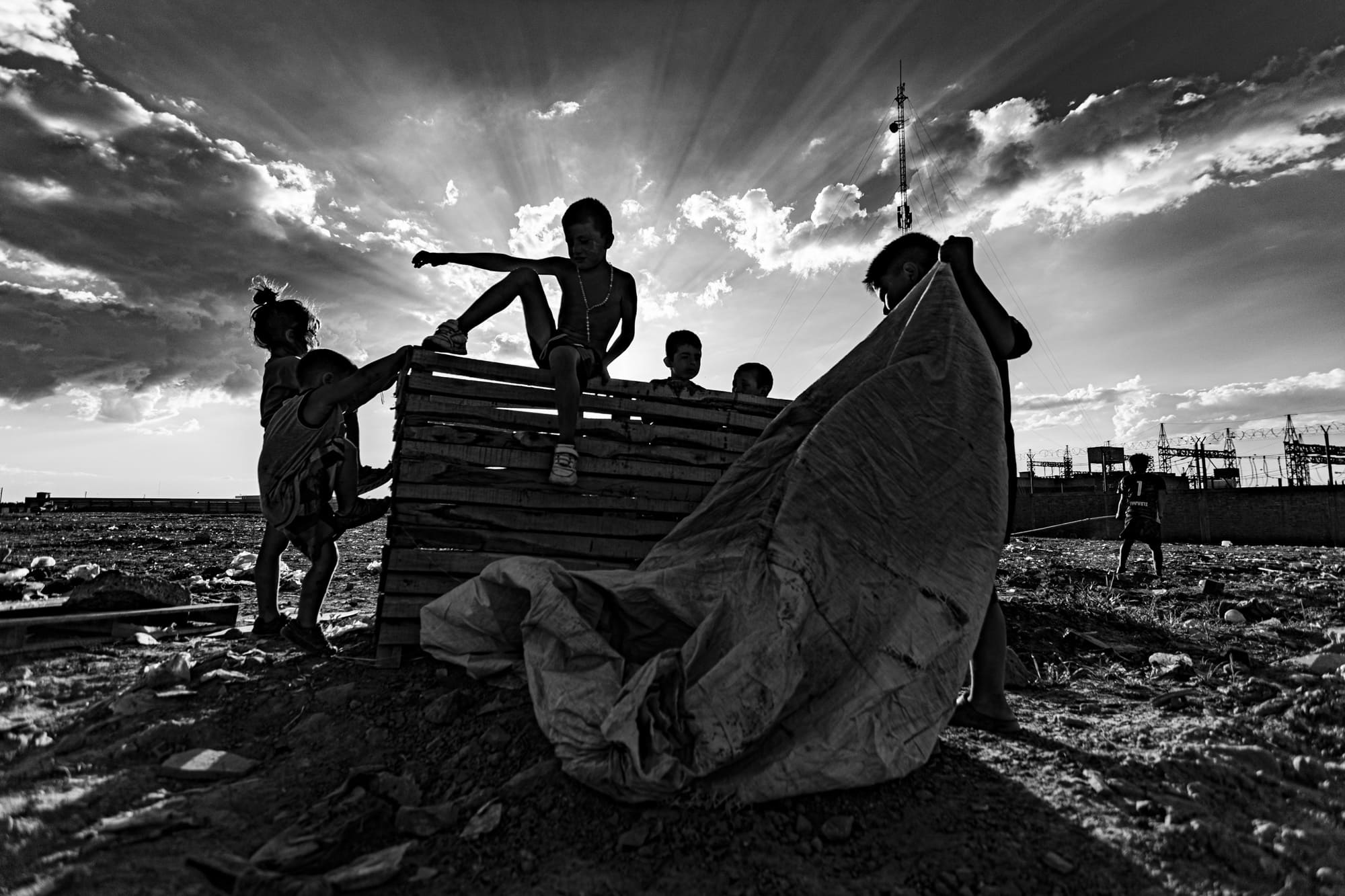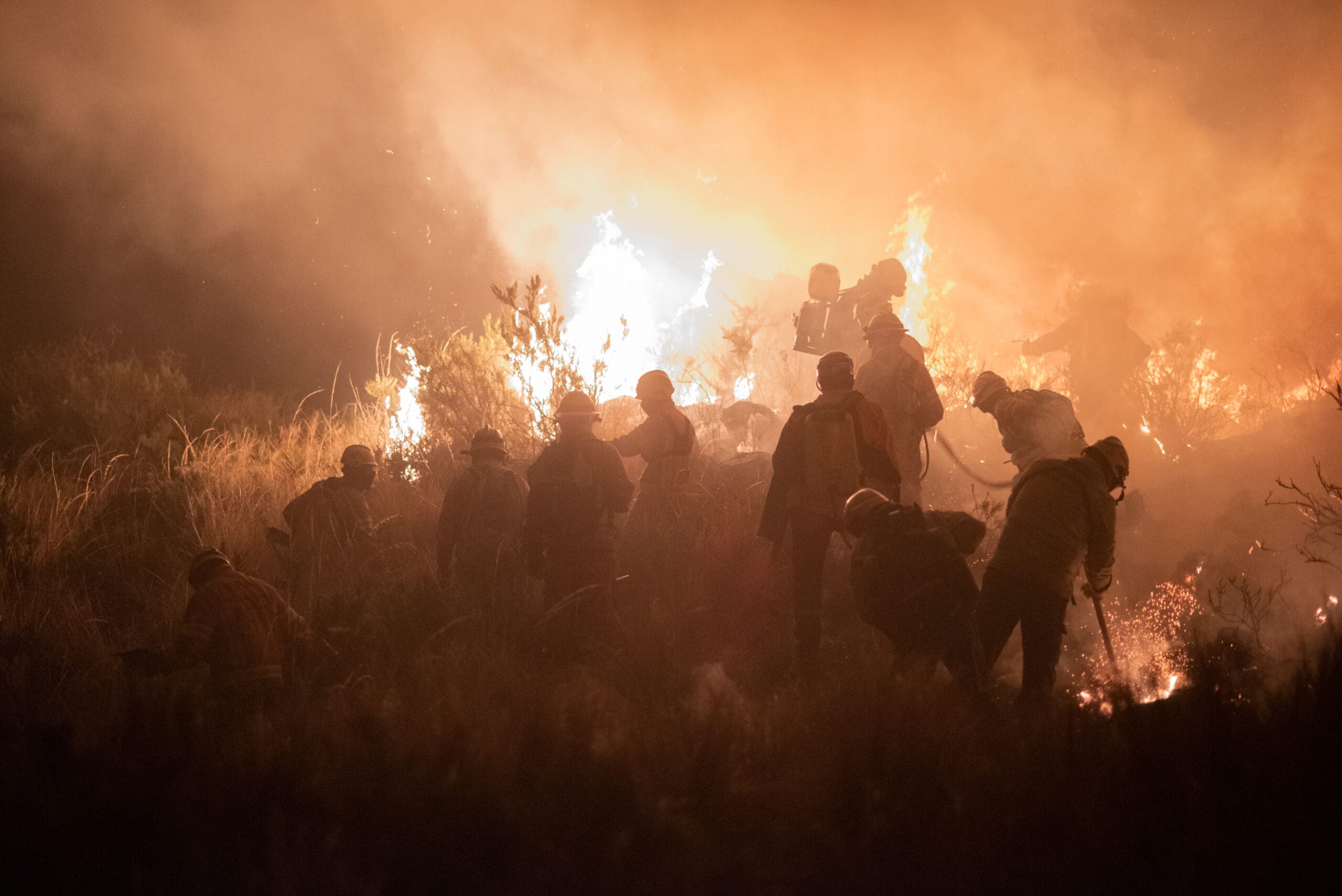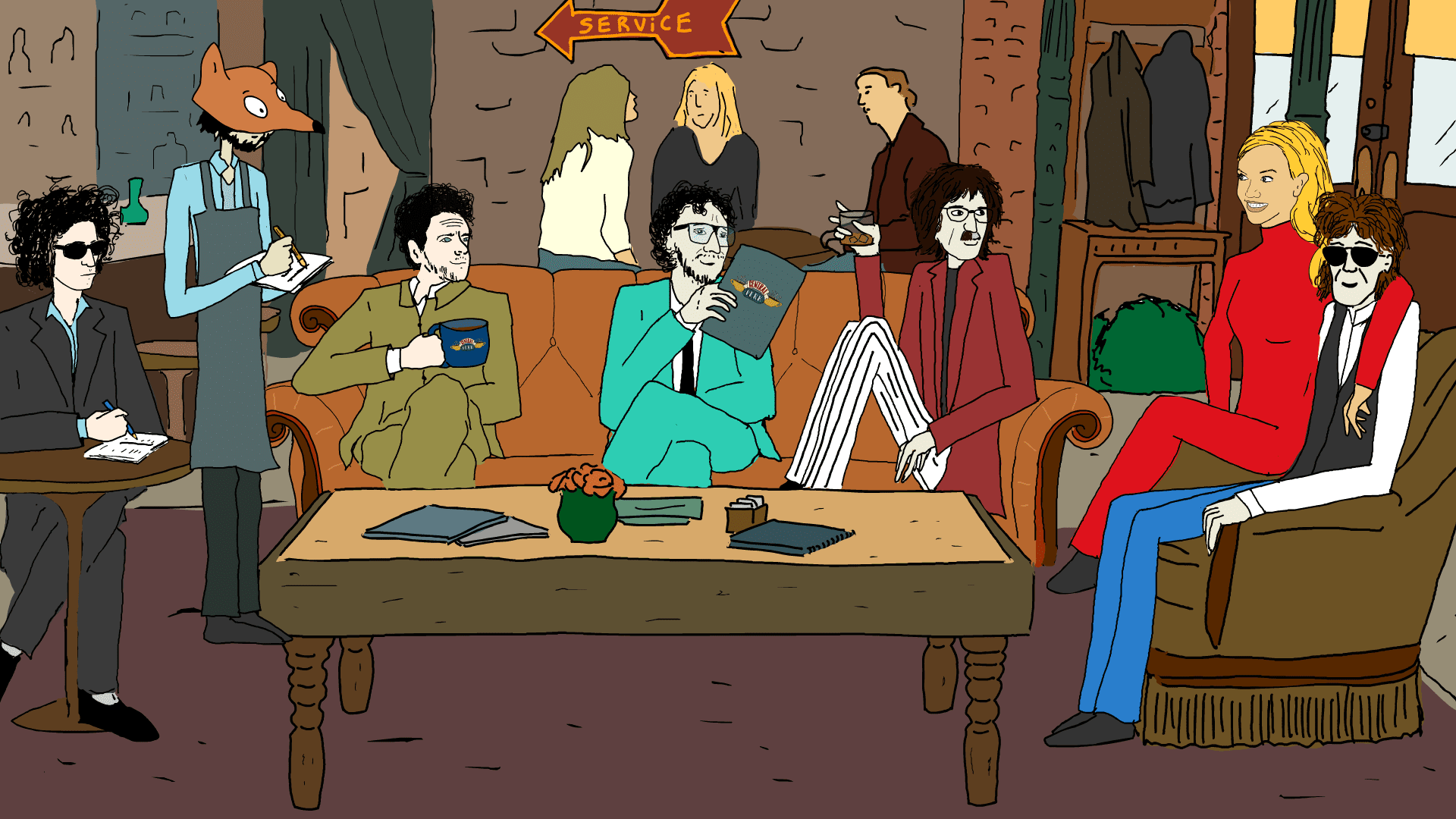Leaning on a table, brown hands move to the rythm of a voice that speaks in Portuguese. There is an old cell phone, three bullets, a can of soda, some enigmatic package, a glass and a revolver: “ crime is something that is wrong but you need to do well”, says a man in a soft voice.
We know that everything happens in Brazil, in the touristy beach of Itacaré, in Bahía. But in Bruno Morais’ work in progress there are no particular signs that reveals identity. “I’m not going to show anyone face, so I look for images that illustrate a bit what people say about their relationship with cocaine “, ensures the director of the ongoing project Vida de Cão.
Morais is a Brazilian photographer trained in the Escuela de Fotógrafos Populares, in the complex of favelas Da Maré, in Rio de Janeiro. His project -commissioned by the Drogas-Políticas-Violencia platform- attempts to portray the bowels of a paradise in times of pandemic and asks himself how is that “when a society excludes, crime embraces”. In the voice-over of the man who speaks in front of the bullets int he trailer is heard: “Using or selling drugs, shouldn’t make you a marginal”.
Besides filming, Morais takes photos and audio records testimonies of cocaine users: a teacher, an oil worker, a woman, a fisherman. “I’m interested in listening, thinking in a decriminalizing perspective and understand why they had cut opportunities, if they want to stay all their lives there or if they want to leave it, what do they understand about the country, about the pandemic, what they think about the coronavirus”, he says.
What was it like to dive in the “B side” of the city, in the midst of the advance of Covid-19?
Itacaré has a facet in which everything is marketing: a super natural paradise where there are beaches and surfers. But there is also another face, disputed territories, and all kinds of problems related to drugs. The project began to understand the pandemic impact on the cocaine agenda. A boy tells it in an interview: the circulation of people dropped, there was no tourism, and the bars were closed until a week or two ago, there are few people in the street at night and the drug deals were ruined.
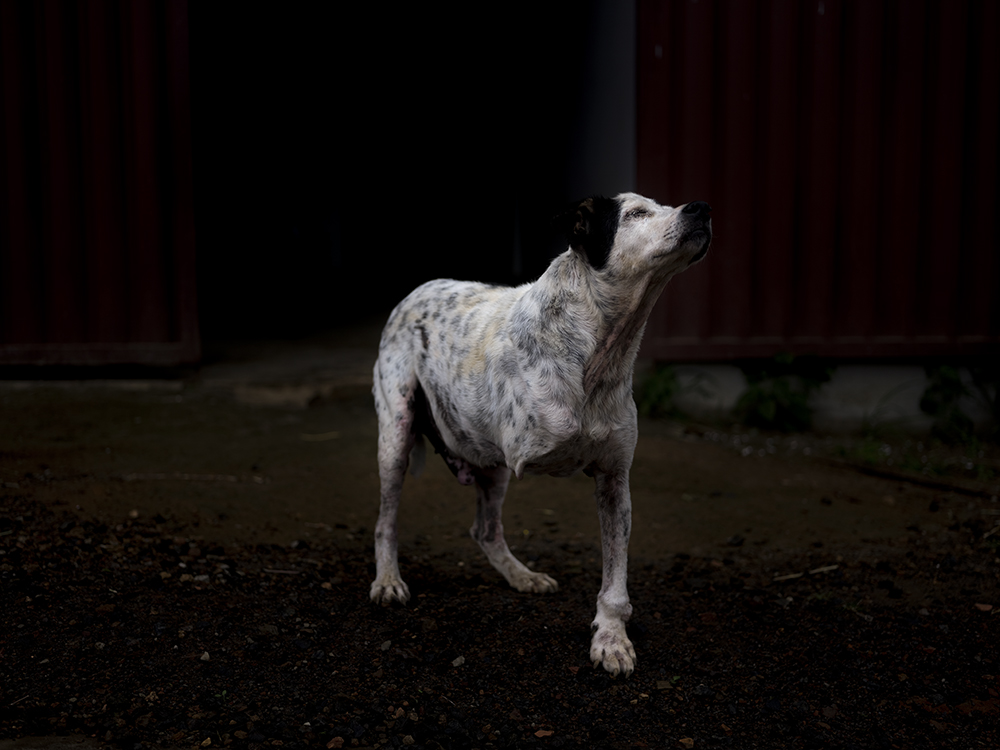
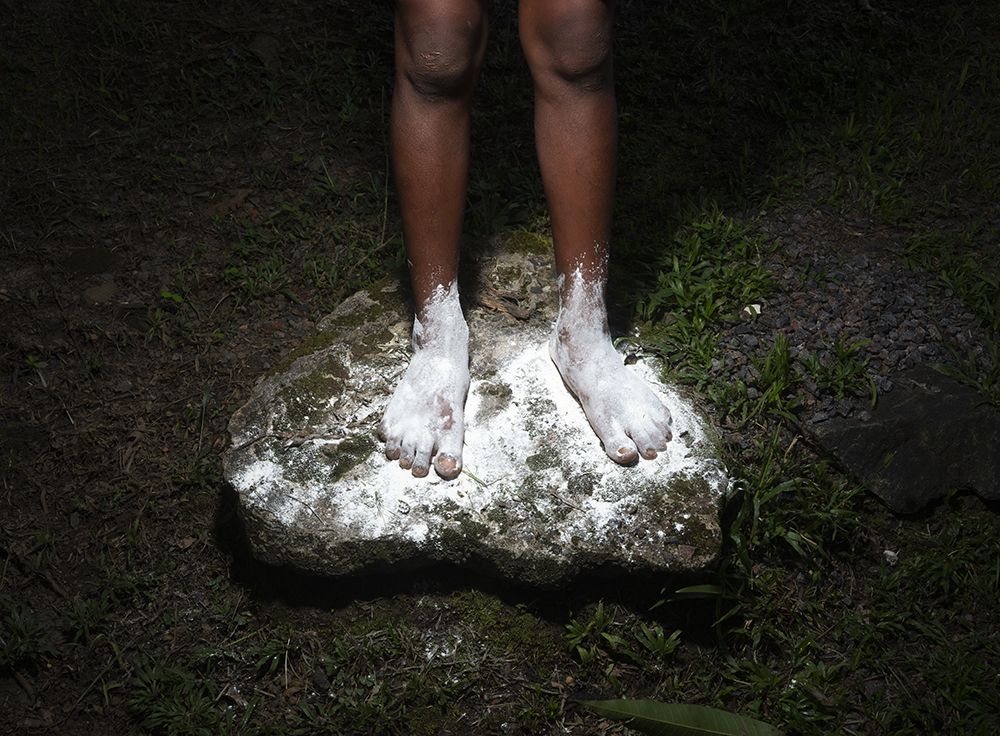
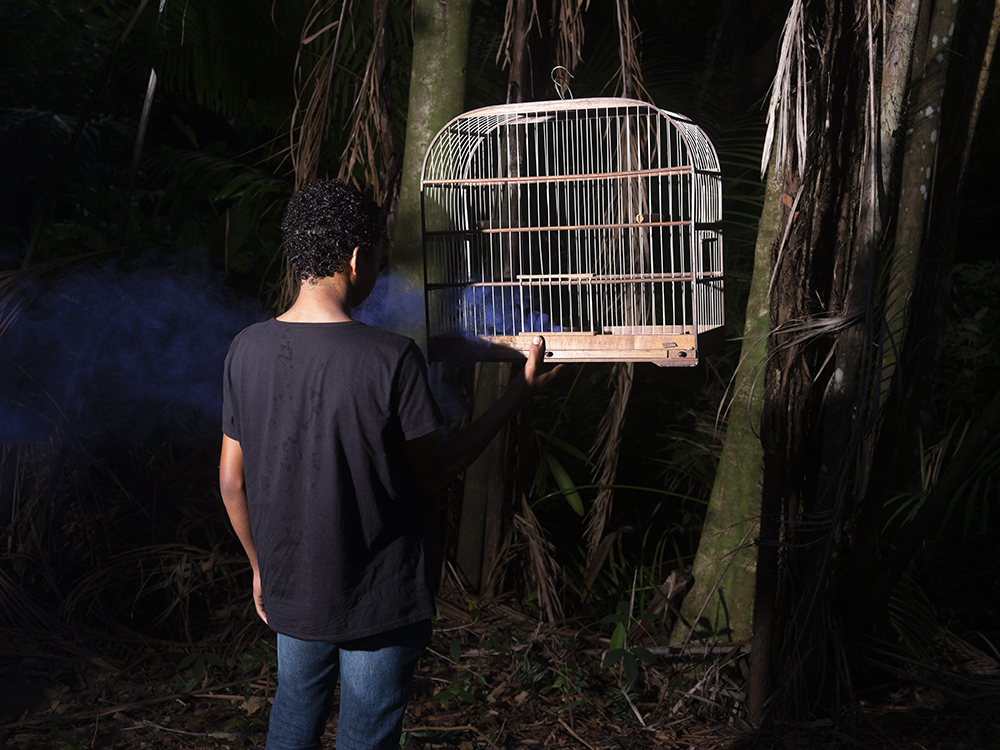
How was the development of the research?
I go to a pub where the fishermen meet and I talk to them. In fact, I finally became friends with several. For example, there is a fishing community that is impossible to access until you get involved, get to know them and they start to trust you. That’s a bit of what I do.
What do you take away from those dialogues?
As a young man I had an intense relationship with cocaine. The documentary is being a kind of learning to look at my past again, to understand why and how I left this environment, why I didn’t stay. At the same time that they tell me about their addictions, they are also teaching me about my own life. All people tell me that this is an incredible opportunity to be able to talk about their vices. They had told me “listening to me talking about it has been the most incredible thing that has happened to me”. Talking is a therapeutic act.
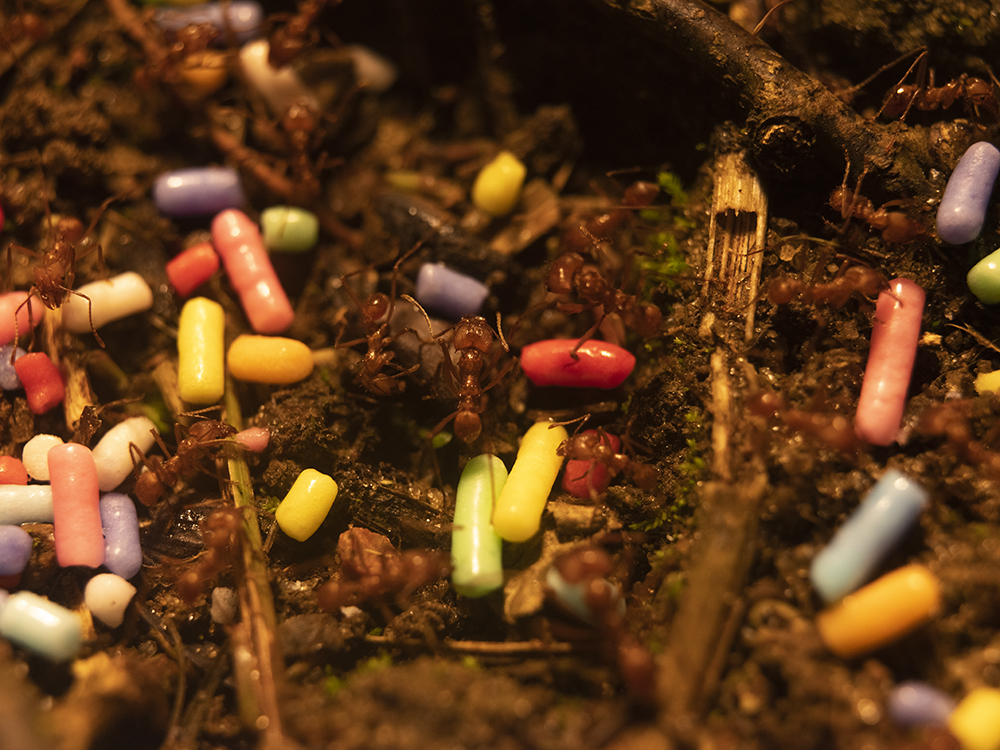
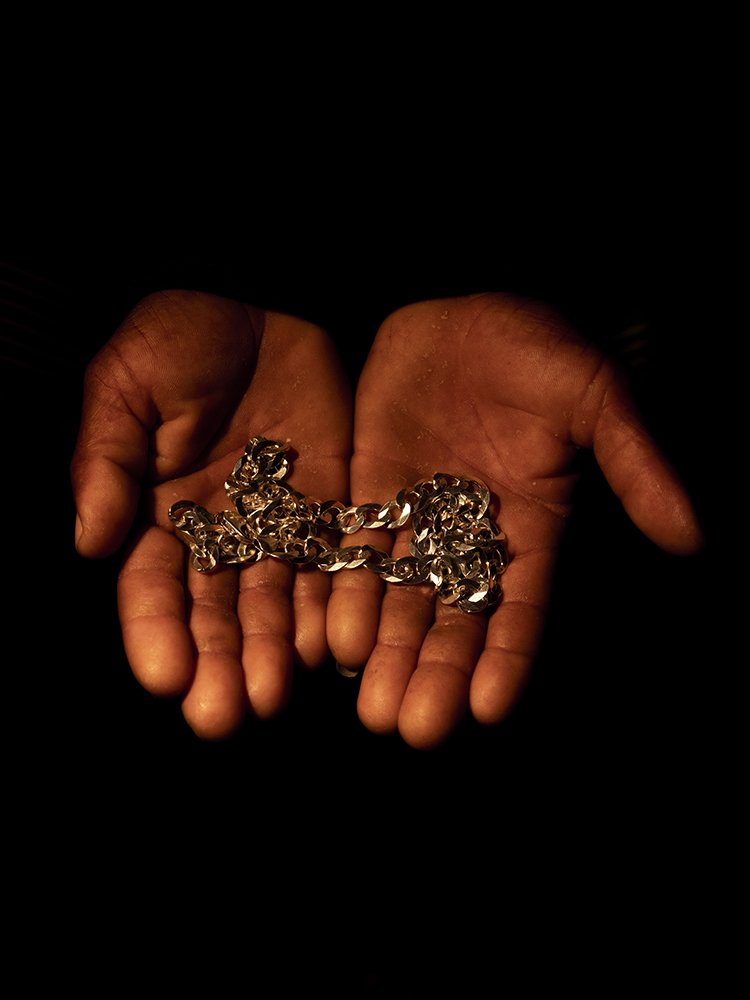
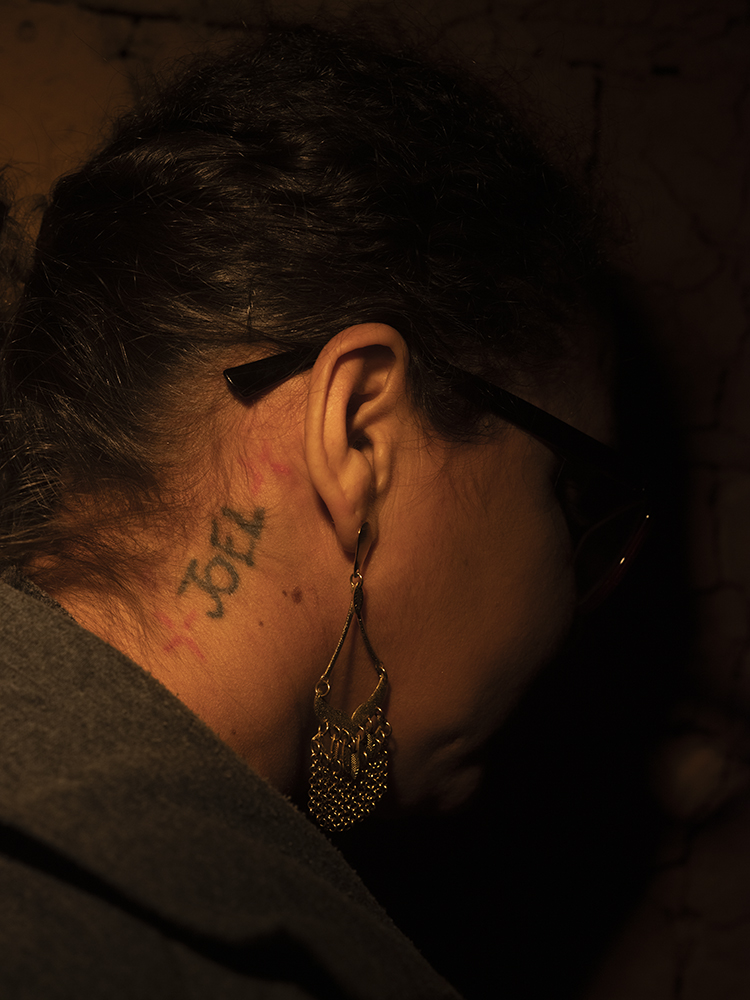
You work a lot with metaphors in your work.
In the interviews they had told me that those who earn money are the landowners, the deputies, the police and that they are the little ones. That is why I used the metaphor of the ants that take the sweets that are used to decorate the cake. They are up there among the colored scarlet, but the real cake is underneath. They are working almost as slaves. I don’t want to construct a criminalizing image of drug trafficking or drug users. This is very important to me: I would not want these people to come out on the project like criminals.
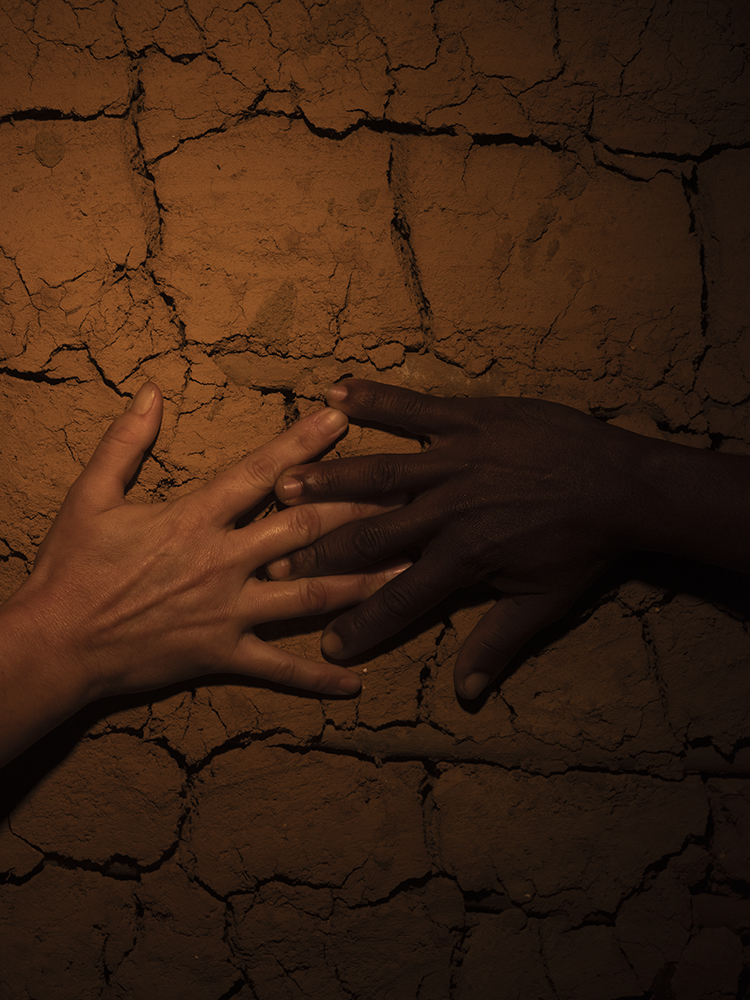
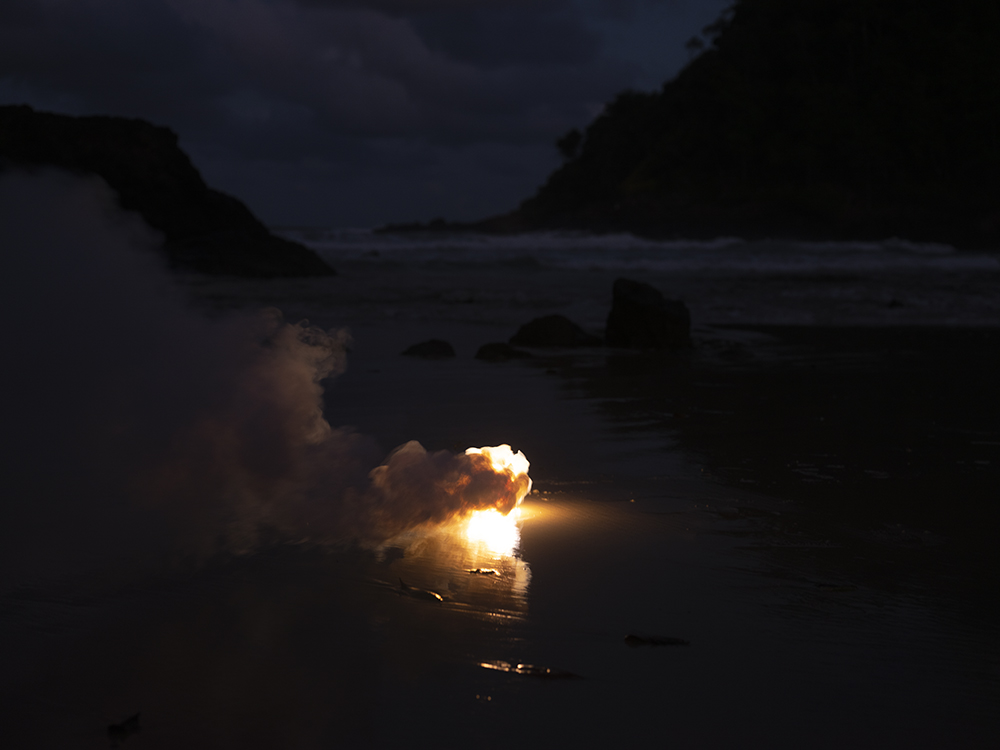
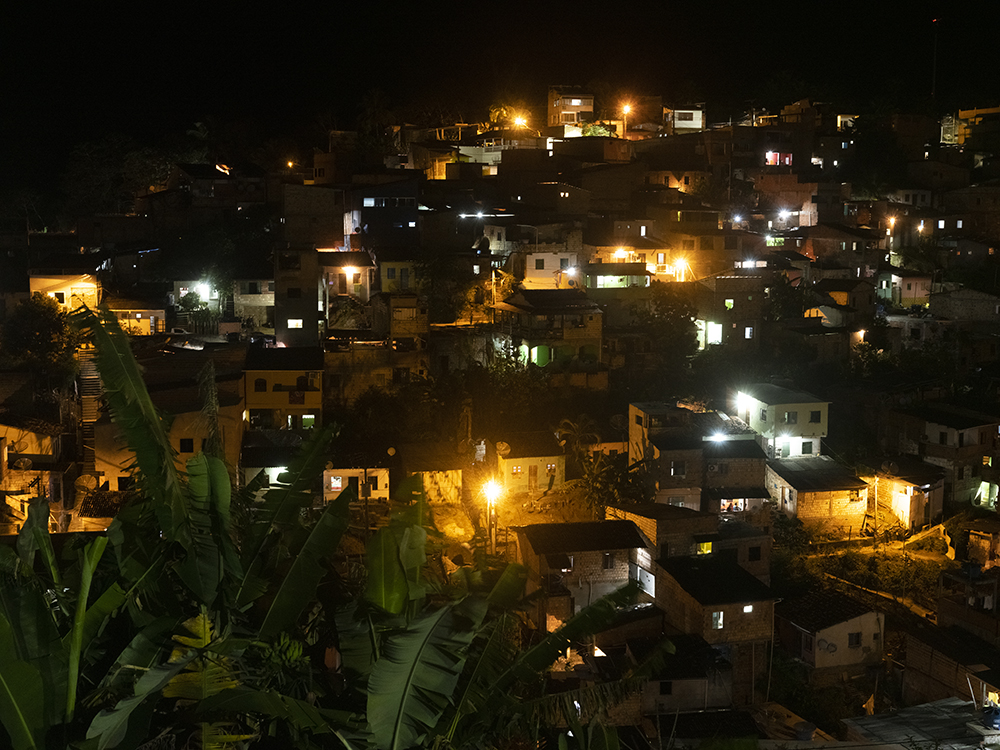
What does the image of the cage on running water point to?
The cage is a reflection of the consumption treatment and the drugs trafficking from a criminalizing perspective: is like trying to catch water, it is almost impossible. You can fill up the cage with poor and black people but the problem is still there, it won’t change. Not even the quantity of innocent people who die nor the children who could be living another situation. There is a criminalizing situation that doesn’t have sense and I wanted to create a metaphor about how this type of approach fails.
